Resources FILTERED
K-8 Reading Plans and Measurable Achievement Goals
IDOE specialists will provide K-8 Reading Plan guidance to schools on developing specific, measurable achievement goals to improve student...
AI Educator Survey Final Report: Digital Learning Grant 2024-25
The AI Educator Survey Final Report highlights key findings from over 2,000 educators who implemented AI tools through the 2024-25 Digital Learning...
Thinking About Data Science in the K-12 Classroom
Data is driving decisions in business and industry today, and Indiana is in a process of reflecting its implications for data science in K-12...
Experts Explain: Bring the Science of Writing to Your Classroom in Fun & Engaging Ways Through thinkSRSD
Discover easy-to-implement, enjoyable and evidence-based ways to re-invigorate how you teach writing. Learn pre-writing strategies that help students...
STEM Certified Schools Quarterly Meeting February 2026
This resource provides an updated overview of the Indiana STEM Certified Schools process, including key rubric expectations and lessons learned from...
The Use of AT to Improve Handwriting Performance
Handwriting is a complex task requiring both physical and cognitive skills. Students with a variety of diagnoses or challenges may struggle with...
Empowering Students to Own the Assessment Process
When we think about assessment in the classroom, our minds normally focus on teachers providing feedback and assigning grades. However, empowering...
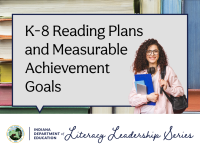
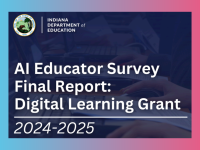
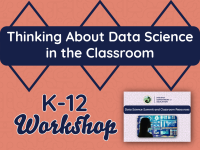
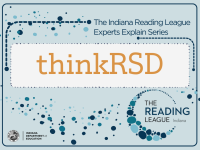
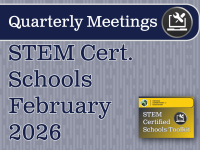
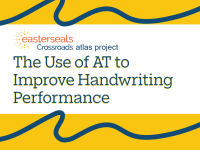
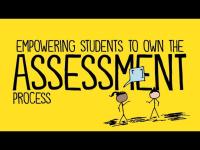

 Login with Google
Login with Google
 Login with IDOE | Identity
Login with IDOE | Identity